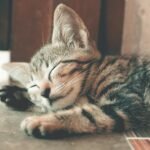Cats are fascinating creatures, often capturing the hearts of those they choose to befriend. While some cats seem aloof, others form deep attachments to a single person. This unique behavior can be both heartwarming and perplexing. Understanding why some cats are more attached to one person can unravel the mysteries of feline affection.
The Nature of Cats: Independent Yet Affectionate
Cats are often known for their independent nature. Unlike dogs, which are typically pack animals, cats have evolved as solitary hunters. This independence, however, does not mean they lack the capacity for affection. Many cats form strong bonds with their human companions, choosing one person as their primary source of comfort and affection. This behavior might seem contradictory, but it highlights the complex social dynamics of cats.
Early Socialization: A Crucial Factor
The socialization of a cat during its early weeks plays a significant role in its behavior towards humans. Kittens exposed to human interaction during their first few weeks are more likely to form attachments. This period is crucial as it shapes their perception of humans. Cats that experience positive interactions early on are more likely to be affectionate and attached to a particular person later in life.
The Role of Personality: Feline Preferences
Just like humans, cats have distinct personalities. Some are naturally more sociable, while others prefer solitude. A cat’s personality can influence its attachment style. More outgoing cats may be more inclined to form bonds with humans, often selecting one individual who aligns with their temperament. This selection is not random; cats are discerning in choosing their human companions.
The Power of Routine: Consistency Matters
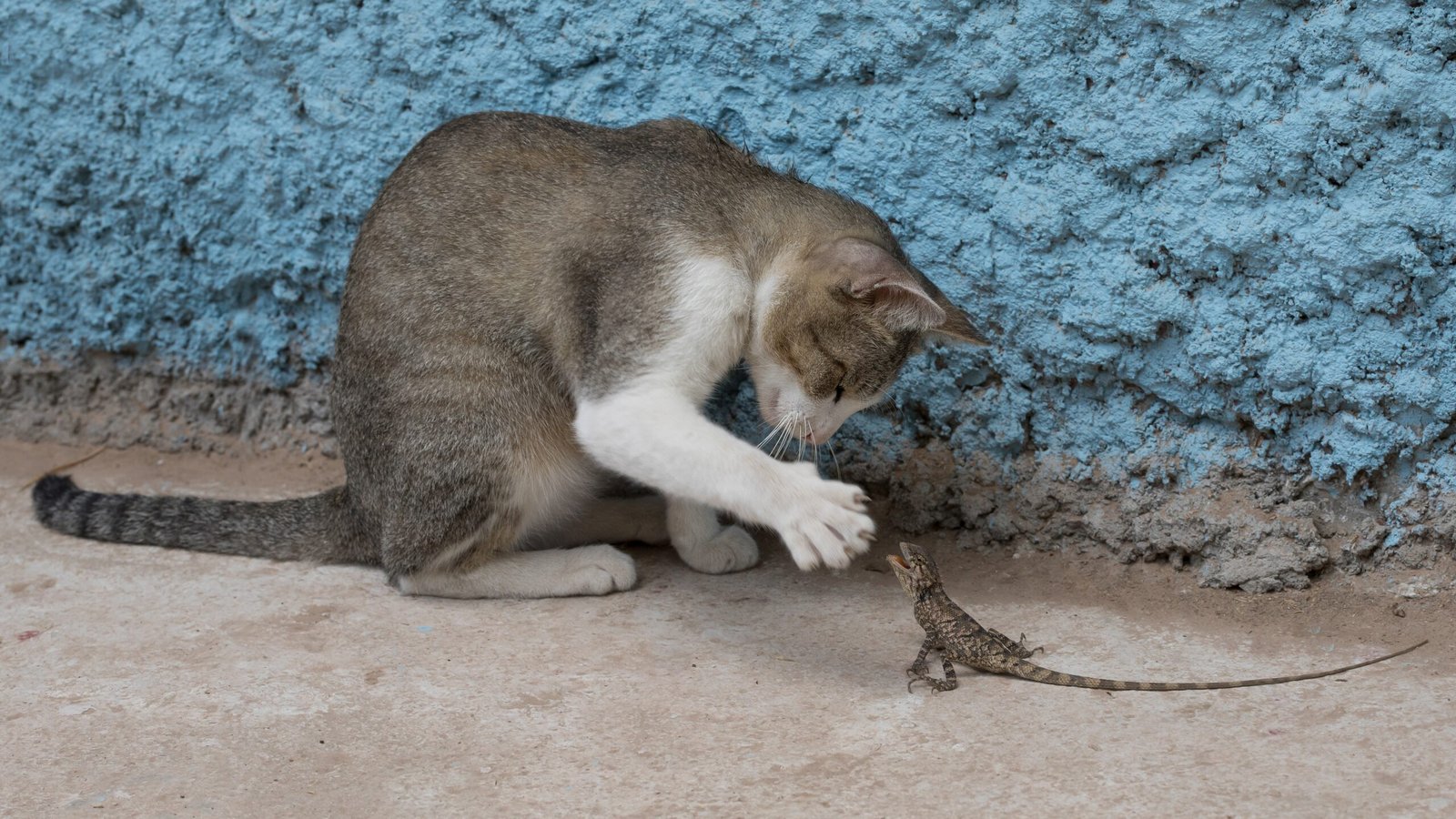
Routine and consistency can significantly impact a cat’s attachment to a person. Cats are creatures of habit, thriving on predictability. A person who consistently feeds, plays, and spends time with a cat is more likely to become the favored human. This routine builds trust, making the cat feel secure and valued, thus strengthening the bond.
Understanding Body Language: Communication is Key
Cats communicate primarily through body language. Understanding a cat’s cues can foster a stronger connection. Many cats express their attachment through gentle headbutts, purring, or curling up beside their chosen human. Recognizing and responding to these signs of affection can reinforce the attachment, making the human feel more special in the cat’s eyes.
Feeding and Care: The Provider’s Influence
The person who takes on the role of caregiver often becomes the focal point of a cat’s affection. Providing food, water, and care creates a sense of dependency and trust. This provider role is pivotal in the attachment process, as the cat associates the person with safety and sustenance. Over time, this bond can deepen, making the person indispensable to the cat.
Trust Building: The Core of Attachment
Trust is the foundation of any relationship, including between a cat and its human. Cats are naturally cautious creatures, and gaining their trust can be a gradual process. A person who respects a cat’s boundaries while providing love and attention can build a strong, trusting relationship. This trust often translates into attachment, where the cat feels comfortable and secure around the person.
Past Experiences: Influences on Attachment
A cat’s past experiences can shape its attachment style. Cats with positive past interactions with humans are more likely to form strong bonds. Conversely, cats that have experienced trauma or neglect might be more hesitant. Understanding a cat’s history can shed light on its attachment behavior and guide efforts to build a trusting relationship.
The Role of Scent: An Olfactory Connection
Cats have a keen sense of smell, and scent plays a crucial role in their attachment to humans. A person’s scent can be comforting and familiar to a cat, reinforcing the bond. Cats may rub against their chosen person to mark them with their scent, further solidifying the connection. This olfactory bond is a unique aspect of feline attachment.
Mutual Affection: The Emotional Exchange
The emotional exchange between a cat and its person is a powerful element of attachment. Cats, like humans, can experience emotions such as love and contentment. A mutual display of affection, through petting, grooming, or play, can enhance the bond. This shared emotional experience creates a deep connection, making the relationship special.
Health and Well-being: The Importance of Care
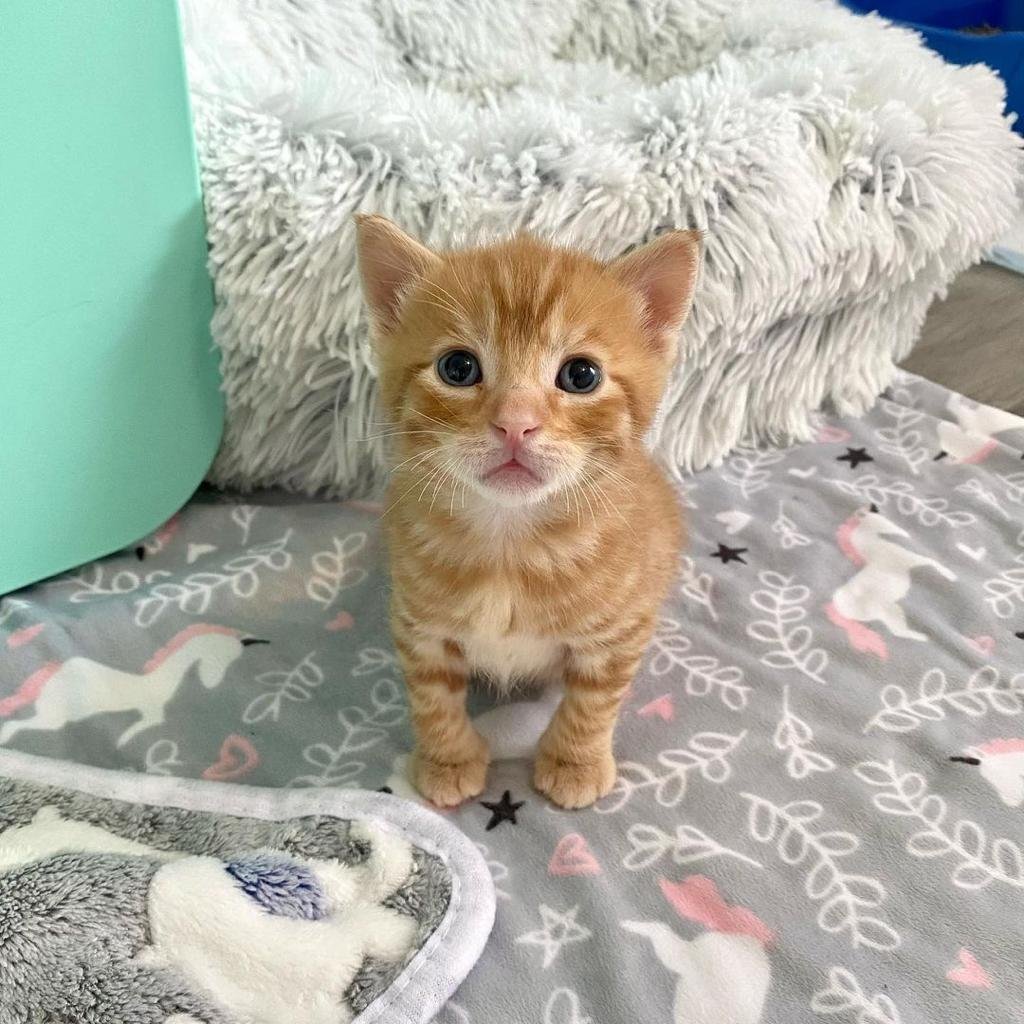
A cat’s health and well-being can influence its attachment style. Cats that feel healthy and comfortable are more likely to be affectionate and form attachments. Regular veterinary care, proper nutrition, and a safe environment contribute to a cat’s overall happiness. A person who prioritizes a cat’s well-being can become the center of the cat’s world.
Quality Time: Building Bonds
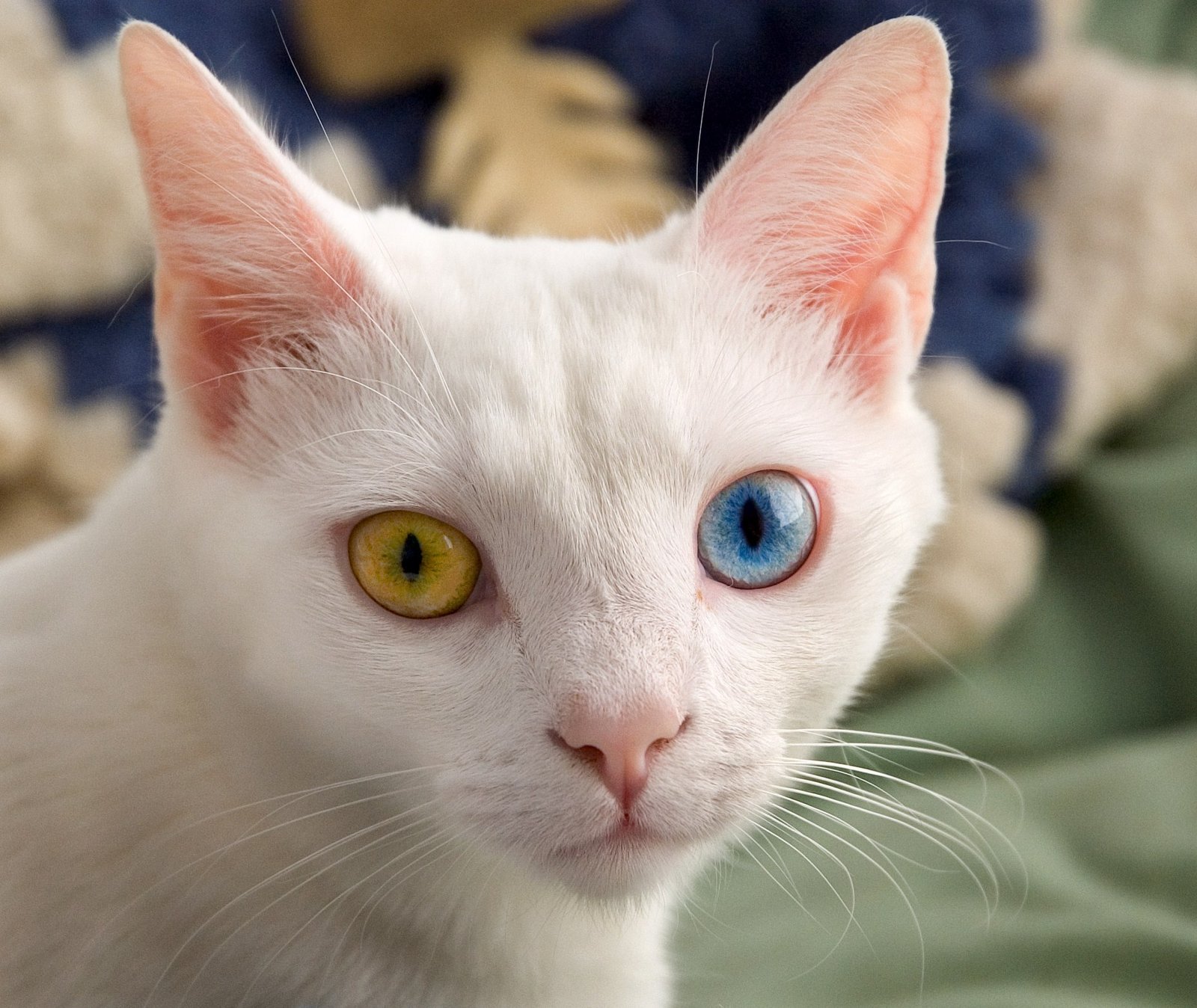
Spending quality time with a cat is essential for building a strong bond. Engaging in activities such as play, grooming, or simply relaxing together can strengthen the attachment. Cats appreciate undivided attention, and sharing positive experiences enhances the relationship. This quality time reinforces the cat’s choice to attach to a particular person.
Individual Attention: The Key to Attachment
Cats appreciate individual attention, especially when it aligns with their preferences. Understanding what a cat enjoys, whether it’s playtime, cuddling, or quiet companionship, can foster attachment. Tailoring interactions to the cat’s liking shows consideration and love, making the human an integral part of the cat’s life.
Environmental Factors: The Comfort of Home
A cat’s environment can impact its attachment to a person. A safe, comfortable home provides a sense of security, encouraging a cat to form attachments. A person who creates a nurturing environment with cozy spaces, toys, and enrichment is more likely to become the cat’s chosen companion. This environment acts as a backdrop for building a strong bond.
Understanding Feline Behavior: The Science Behind Attachment
Research into feline behavior provides insights into why cats form attachments. Studies suggest that cats view their human companions as a secure base, similar to how children see their parents. This scientific perspective highlights the depth of attachment cats can have, emphasizing the importance of understanding their behavior to strengthen relationships.
Cats and Their Chosen People: A Unique Relationship
The relationship between a cat and its chosen person is unique and special. This bond is characterized by mutual understanding, trust, and affection. Each relationship is different, shaped by the personalities and experiences of both the cat and the human. Celebrating this unique connection enriches the lives of both parties.
The Unpredictable Nature of Cats: Embracing the Mystery
Cats are known for their unpredictable behavior, and their attachment patterns are no exception. While some cats attach quickly, others take time to warm up. Embracing this unpredictability is part of the charm of living with cats. Understanding that each cat is an individual with its own preferences allows for a more harmonious relationship.
The Joy of Being Chosen: A Heartwarming Experience
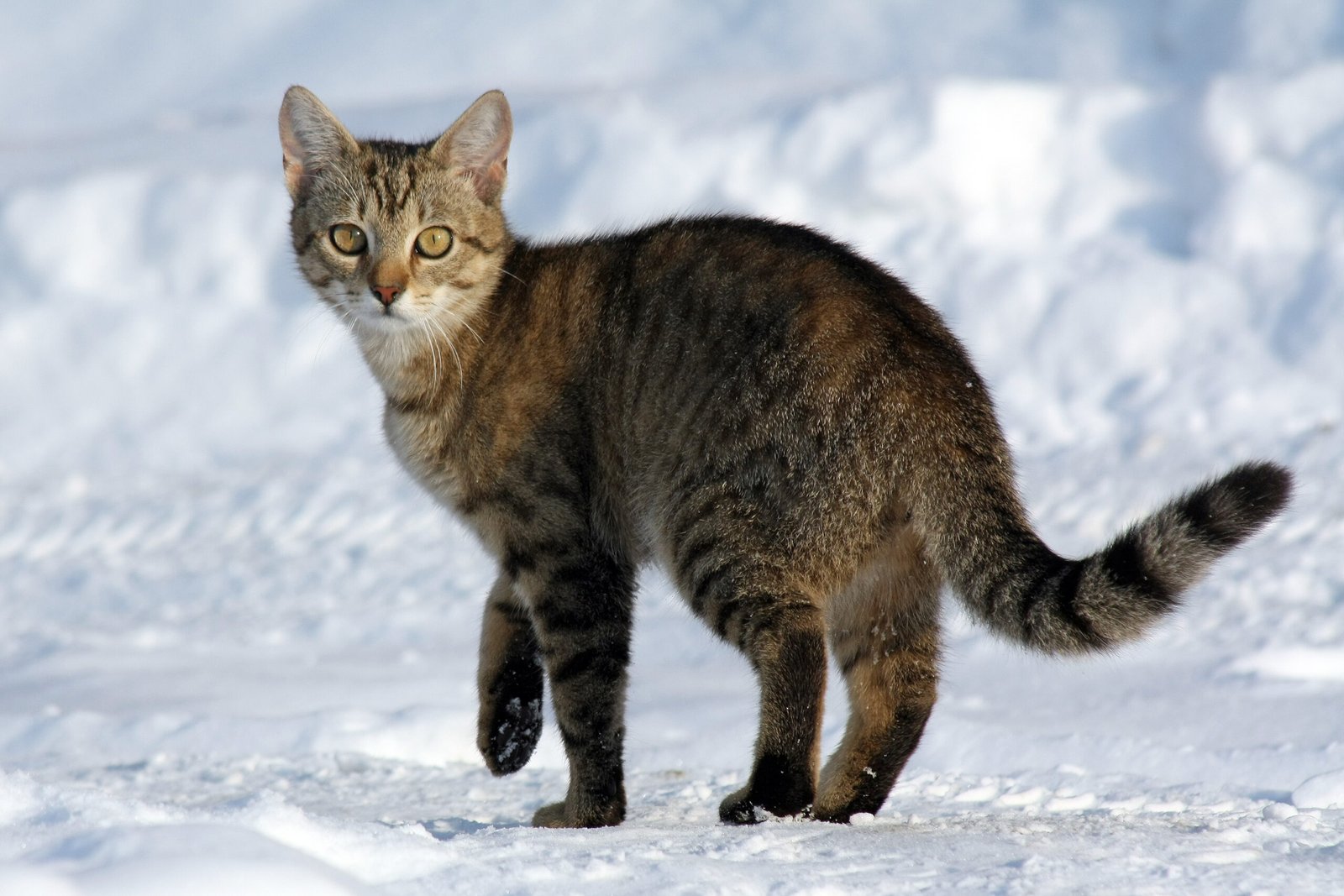
Being chosen by a cat is a heartwarming experience. The trust and affection a cat offers are precious, making the human feel special. This bond is a testament to the cat’s appreciation and love, creating a rewarding relationship. Being the chosen person brings joy and fulfillment, enriching the lives of both the cat and the human.
Conclusion: The Special Bond of Feline Attachment
The bond between a cat and its chosen person is a beautiful aspect of feline companionship. It is shaped by factors such as early socialization, personality, routine, and trust. Understanding these elements helps cat enthusiasts appreciate the depth of their feline friend’s affection. Embracing this attachment enriches the human-animal bond, bringing joy and companionship to both the cat and its person.
Hi, I’m Bola, a passionate writer and creative strategist with a knack for crafting compelling content that educates, inspires, and connects. Over the years, I’ve honed my skills across various writing fields, including content creation, copywriting, online course development, and video scriptwriting.
When I’m not at my desk, you’ll find me exploring new ideas, reading books, or brainstorming creative ways to solve challenges. I believe that words have the power to transform, and I’m here to help you leverage that power for success.
Thanks for stopping by, Keep coming to this website to checkout new articles form me. You’d always love it!


